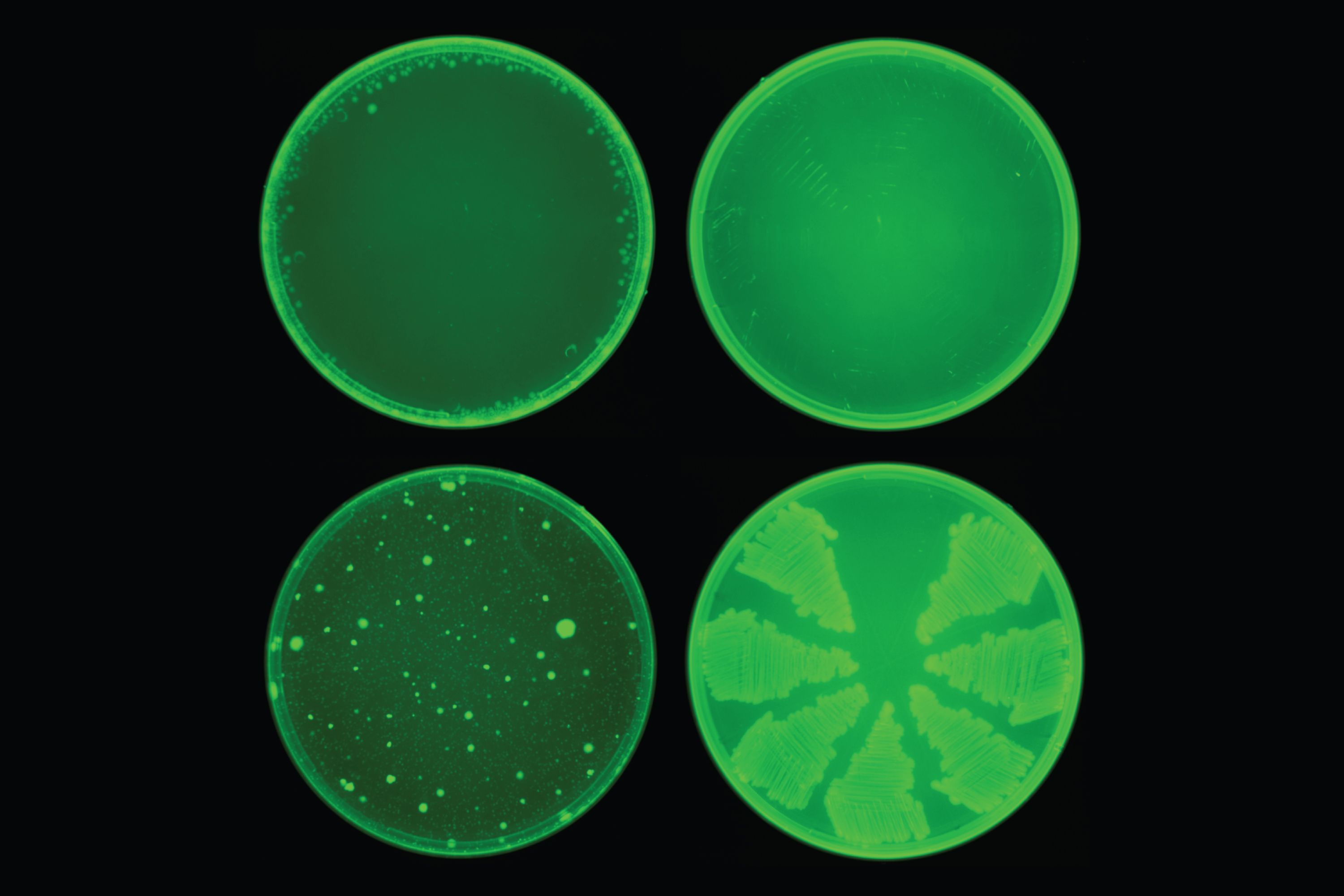In a major leap for medicine, artificial intelligence has identified a brand-new antibiotic compound capable of killing deadly, drug-resistant bacteria — potentially reshaping the future of infection treatment.
In May 2025, researchers from McMaster University in Canada and MIT announced that they had successfully deployed a machine-learning model to scan through thousands of chemical compounds — identifying one previously unknown molecule that proves highly effective against Acinetobacter baumannii, a bacterium considered one of the world’s most dangerous superbugs.
This bacterium is often found in hospitals and military settings and is resistant to nearly every existing antibiotic. It’s responsible for tens of thousands of deaths each year due to infections that simply can’t be treated using standard drugs.
Using an advanced AI model trained to predict antimicrobial potential, the system rapidly analyzed over 7,000 compounds. What would have taken years in a traditional lab took mere hours with machine learning. Out of the results, one compound — later named abaucin — stood out. It showed remarkable precision: effective at killing the harmful bacteria while leaving beneficial microbiota untouched, reducing side effects often caused by broad-spectrum antibiotics.
The implications are enormous. The world is facing an antibiotic resistance crisis, with many pharmaceutical companies pulling out of antibiotic research due to low profitability and long development timelines. AI is now rewriting that equation — offering a faster, cheaper, and more accurate path to drug discovery.
What’s even more exciting is that abaucin has already shown positive results in early-stage animal testing. Human trials could begin within the next 2 years, offering hope for a completely new class of antibiotics — and a vital tool in humanity’s ongoing fight against microbial resistance.
This breakthrough also signals a deeper shift: medicine is entering a phase where AI doesn’t just assist doctors — it discovers cures.
Source: McMaster University Global Nexus for Pandemics & MIT CSAIL, May 2025

